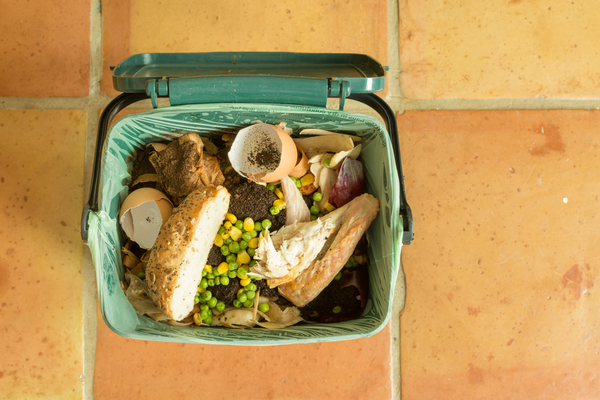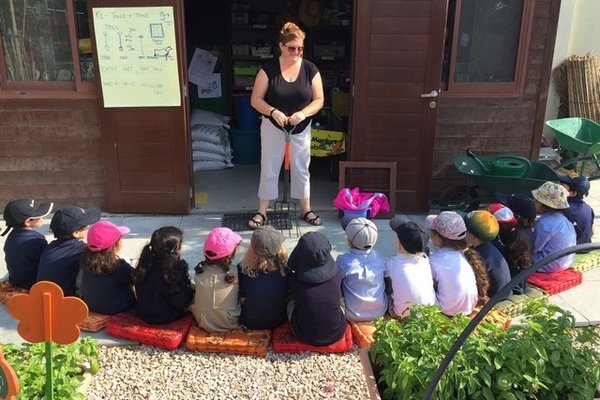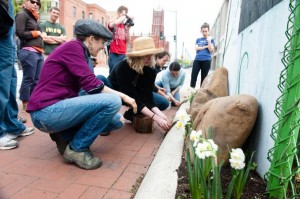Compare all the wasted food in the world to the world’s nations, and that pile of food would be the third largest emitter of greenhouse gasses in the world. It would also be roughly the size of China: That’s how much land is required to produce the amount of food we discard each year. For Dave Lewis, the CEO of international grocery-store chain Tesco and the chairman of Champions 12.3–a group of 40 leaders across the public and private sectors committed to reducing food waste by advancing the U.N. Sustainable Development Goal 12.3–those facts are reason enough for curbing the amount of food we discard without thinking. There’s also the fact that more than a billion tons of food goes unconsumed each year, while one in nine people across the world are malnourished.
Continue reading... →Student-run vegetable and herb gardens are an “entry point” to enjoying school more and diving deeper into subjects. Studies have also indicated that children who grow their own food are more likely to eat fresh fruits and vegetables; additionally, research shows links between gardening and higher student achievement in science. Here are many organizations that encourage schools around the world in supporting students in cultivating gardens.
Continue reading... →On our last show we talked about what goes on our bodies, goes in our bodies. In our show today, we talked about what goes in our mouth. My guest, Kate Manchester, Editor of edible Santa Fe, shares the true cost of food and why it’s important for our planet and the people living on it to fall in love with food again. “Eat it to save it,” she said. And the way to do that, according to Kate, is “everyone cooks!”
About my guest: For 22 years, Kate Manchester was a private chef in New York. She has written for numerous contemporary magazines, authored two books, and taught a variety of seasonal cooking classes over the years. Today, she is the publisher and editor of edible Santa Fe, and host of edible Radio.
Continue reading... →

